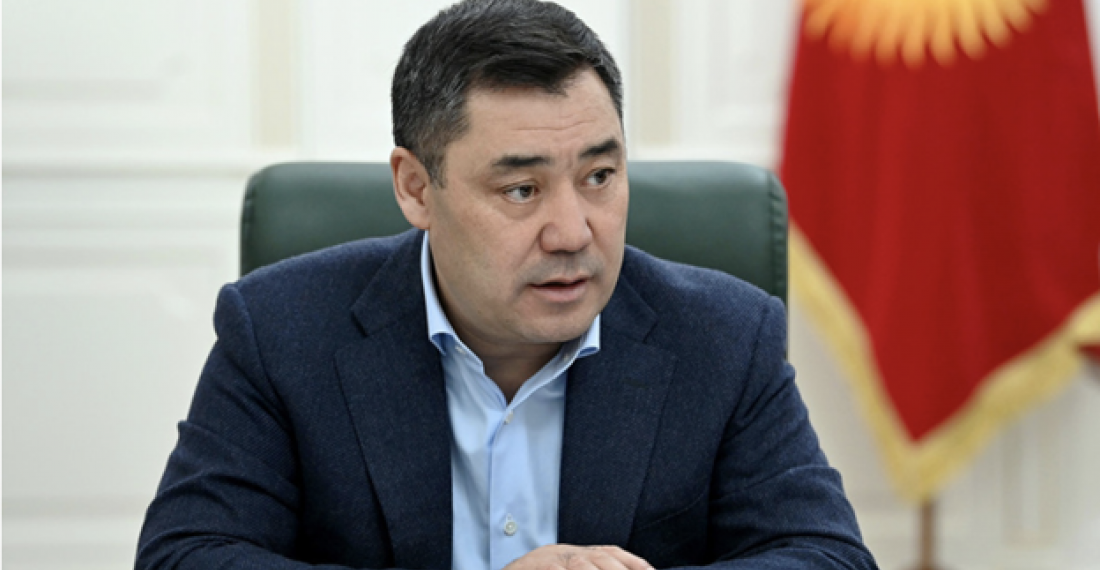Heavy economic sanctions against Russia are creating currency crises for Central Asian countries. In Kazakhstan, the National Bank has changed the rules surrounding trading after a fall in the value of the Kazakhstani Tenge. In the neighbouring Kyrgyz Republic the President has also issued warnings about pressure on the Kyrgyzstani Som.
With the war in Ukraine unfolding, the sanctions imposed on Russia by the EU, the US, and other Western nations are causing grave economic pains in Kazakhstan. On Monday (28 February), the National Bank of Kazakhstan and the Kazakhstan Stock Exchange (KASE) announced a change in trading rules. Currency exchanges in the Tenge-Dollar currency pair would begin at 15:00 Nur-Sultan time in the Frankfurt Auction Format. The change in rules is, according to the National Bank, due to “the need to minimize pressure from external geopolitical factors on the foreign exchange market.” The statement also made clear that these measures are temporary. However, the National bank also said that they are considering completely suspending exchange currency trading. The National Bank has spent $104 million to maintain the value of the Tenge. Nevertheless, at the time of writing, the value of the currency has fallen 7.6% to a low of 493/$1. The close ties between Russia and Kazakhstan mean that any drop in the Russian economy will have negative spillover effects in Kazakhstan.
In Kyrgyzstan, President Sadyr Japarov today (28 February) said that “[Kyrgyzstan] might be facing a big pressure on the national currency in the near future.” As Kyrgyzstan, like other Central Asian countries, imports the vast majority of the energy needs from Russia, the rise in the price of fuel has caused further issues for its economy. President Japarov also stated that the “prices of flour and other cereals have increased significantly”. In a Facebook post in Kyrgyz, the President announced that Kyrgyzstan will now offer people Gold in exchange for the Kyrgyzstani Som as a response to the falling value of the Kyrgyz currency, “There are no restrictions, including for export abroad, and no fee will be charged. We have created such conditions. Save your capital better with gold instead of paper money.” In the same social media post, the President said that the Cabinet of Ministers has developed an “anti-crisis action plan.”
Central Asian economies continue to suffer from the fallout of the ongoing Russia-Ukraine conflict and its governments will have to carefully manage the cascading consequences of increasing Western Sanctions and a prolonged conflict in Eastern Europe.






